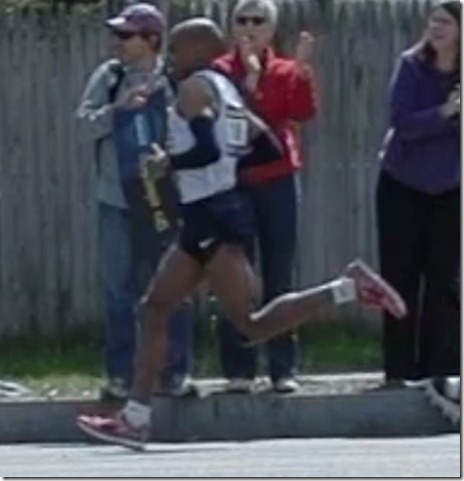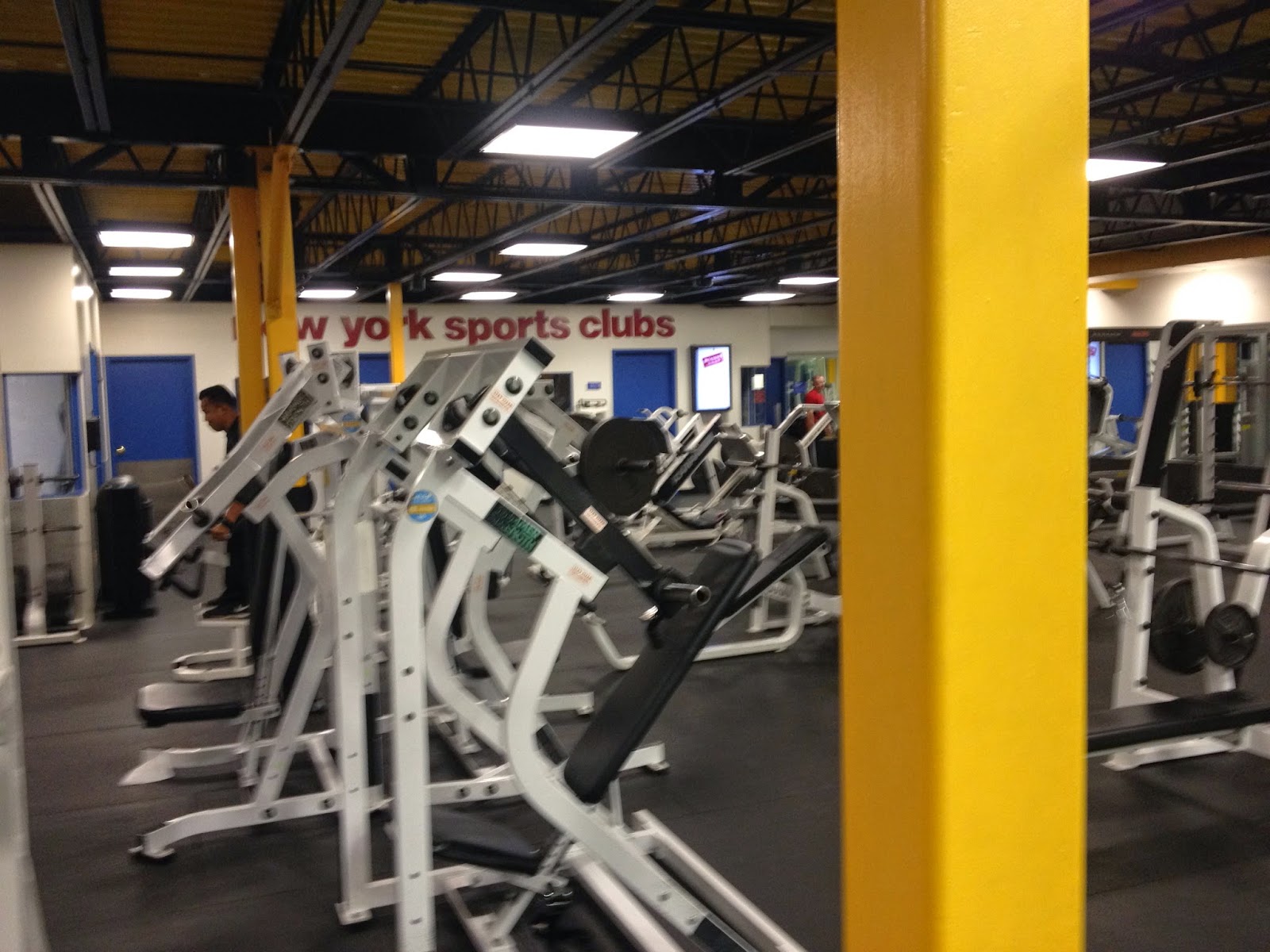When I go to the gym, or am out on the roads or trails, the other fit-minded folks I see fall into two basic age brackets: 20-somethings, and people who are 40 or older.
First Off, Let's Own Our Shortcomings
Let's acknowledge a basic reality here and get it out of the way: The guys in that middle group, in their late 20s through early 40s, are often in the midst of building their careers and their families. That's the time when you really set up your career path, and it's the time when you're busy with childcare, playdates, driving kids all over creation, and all that fun stuff. I'm going to talk more about this in a long-promised post about the challenges to getting and keeping fit, I swear. But not today.
Today, let's just accept that for a lot of guys, your 30s is when you go from being that trim, good-looking young man to a kinda squishy, not-so-fit middle-aged guy. And it's not just because you don't have the time for fitness -- your body isn't cooperating the way it used to, either. Experts say that after age 25, your basal metabolism (how many calories you burn with a basic existence) drops by about 2 percent per decade. Your maximum heart rate drops by about a beat a year. And by age 30, you start losing about 1 percent of your muscle a year.
But Accepting That Reality Doesn't Mean You Can't Change It
 |
| There I am blowing out the 4-0 candles! |
- Generally, you're starting to hit the point in your family life where your kids require less constant supervision. They're in school, they're more self-sufficient, and they have their own stuff going on, too.
- You have a better sense of how to set goals, make a plan and follow through, because you've done it before.
- You're simply more mature, and that means you're more likely to stick with it.
- Many of your friends are also getting to the same general point in life, too, which means you have a built-in support structure.
- Let's face it: The days of hitting the bars four or five nights a week are over. You're not dragging yourself out of bed hung over, and that makes everything easier.
Meb Keflezighi won the Boston Marathon about a year ago at age 38. And the average age for a male marathon finisher is actually older than 40. This is really just a confirmation of what should be common sense, but it's never too late to embark on a healthy lifestyle. Not only are you increasing your odds of living a long life, you're increasing your odds of living a happy, active life.
Let's Get Down to Brass Tacks
As we've discussed, a solid exercise plan for a Regular Guy includes a mix of cardio and strength training, tailored to your specific goals. There are a lot of details about frequency and intensity you can get lost in. But for most Regular Guys, the idea is to improve both aerobically and anaerobically. That last link is pretty technical. So, in simpler terms, what are we actually trying to accomplish here?
- The most obvious: You're burning additional calories, which contributes to a calorie deficit -- i.e., weight loss.
- You're building lean muscle mass. Muscle does burn more calories at rest than fat does, though the difference is negligible unless you've put on serious muscles. However, you'll look better and you'll have more functional strength to do the things that are important to you. You'll also increase your ability to push your aerobic exercise further, meaning you'll have more ability to burn more calories.
- By strengthening your heart and increasing your aerobic capacity, you're reducing your risk of heart attack and stroke.
- You're increasing -- or at least maintaining -- bone density. This, of course, is important as you grow older and your body steals more and more calcium from your bones.
- You're staving off Alzheimer's.
Let's Tie It All Together
Regular Guys, we are all getting older. Nothing we can do about that. But we can all commit ourselves to getting better, too! So let's sum this thing up:
- Although your body isn't as cooperative as it used to be, getting older puts you in a much better position to commit to keeping fit and living your life.
- Even if you've been mostly sedentary for a while, you can reap just about all of the benefits of being active if you get back into it now.
- A solid mix of cardio and strength training will help you look better, feel better, be more active and set yourself up for a longer, happier life.
So if you haven't started a fitness regimen yet, it's OK! You can still do yourself a lot of good by getting going now. It doesn't have to be complicated to start. Find a few minutes in your morning to do some basic bodyweight exercises. Work a little extra activity into your day by walking a few blocks or taking the stairs. Find a friend who'll give you inspiration and support. You owe it to yourself and to your family, and you can do it! You've got this!
Getting older means getting better!
 |
| That's me finishing the E. Murray Todd Half Marathon |

%20of%20tlumacki_bostonmarathon_metro323.jpg)











